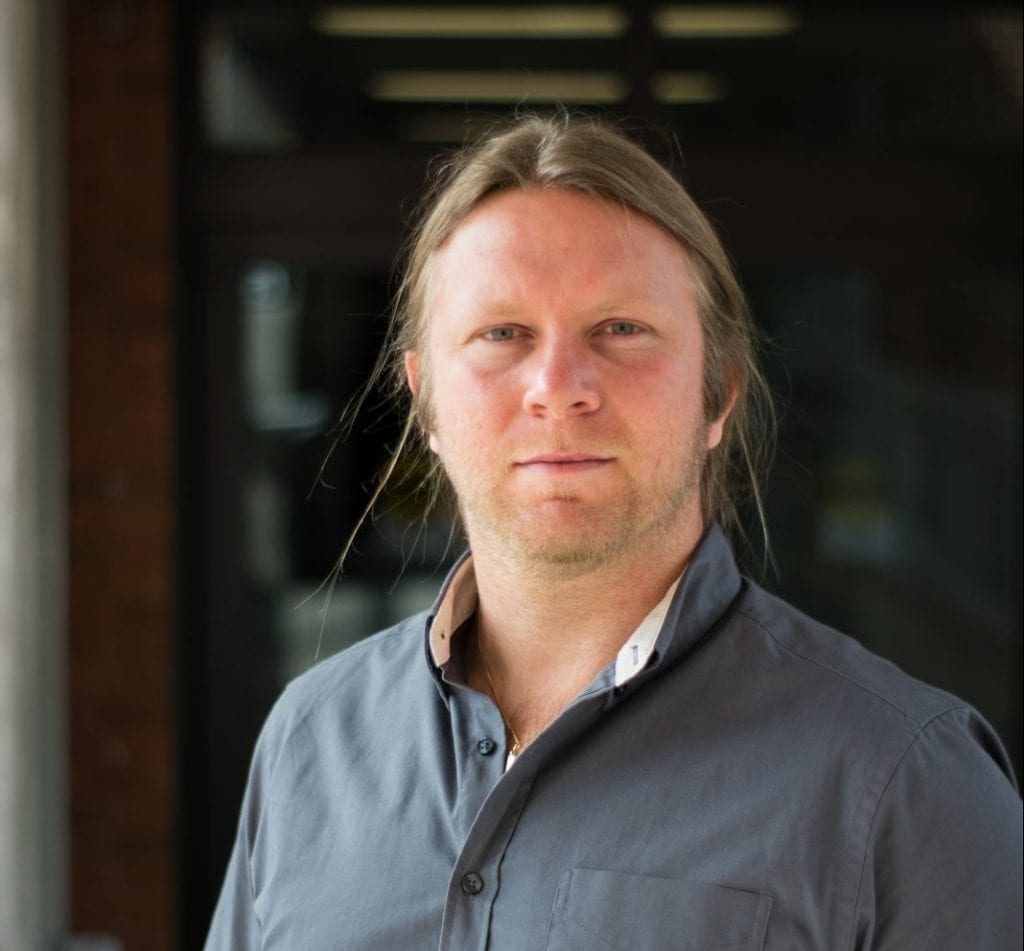Statistics Research Reveals Human Behavior

Studying human behavior isn’t the exclusive domain of psychology.
When Alexander V. Mantzaris, Ph.D, joined the Department of Statistics and Data Science in 2016, his unique research on network science and social media behavior proved just that.
Mantzaris brought a background studying the behavior of voters in the international song contest Eurovision. The show encompasses 52 European countries, as well as associate countries ranging from Asia to America, and the winner earns bragging rights for his or her country. Behind the screen, though, is a network of cultural biases that influence the voting process.
Naturally, this intrigued Mantzaris, who is always looking to explain patterns of human behavior through his knowledge of statistics and data science.
“Many people don’t think of applying statistics in this way,” said Mantzaris. “But we are able to see cultural biases through the data we collect. It’s fascinating because people produce complicated social networks that they aren’t even aware of. Through these networks, we are then able to answer a variety of questions.”
Through analyzing comprehensive data on the competition, Mantzaris and his team identified biases affecting the outcome of voting. For example, countries that share common borders and language will vote similarly to one another. The countries that have the least bias are the ones that are more or less isolated, such as Germany.
“This is important research because it extends further than just Eurovision,” said Mantzaris. “We can take these techniques we are using to look at patterns and apply them to situations across the board.”
Mantzaris has since concluded his research on Eurovision and social biases and moved onto his next area of interest: working with graph convolutional neuro-networks. This is a method of classifying information in a comprehensive graph that allows researchers to physically see important patterns.
“It is good for students to know that data science seeks to answer questions beyond just statistics,” said Mantzaris. “Maybe you will not always use conventional methods to answer these questions, but by being open minded and using the skills you’ve been taught, you can embrace the skepticism that science seeks to alleviate.”
